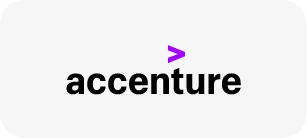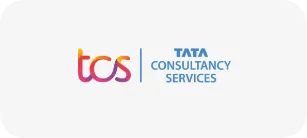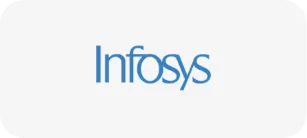
Thank you for showing your interest! Our team will get back to you shortly!
We have sent a verification code to your mobile number

Thank you for showing your interest! Our team will get back to you shortly!






























EduBridge does not permit any external agency to collect money from Students on behalf of the organisation. Please beware of such agencies and avoid sharing any personal and financial information with them. To report such frauds or for any assistance, call us on 1800 120 1193 or email us at wecare@edubridgeindia.in
We have sent a verification code to your mobile number

Already have an account? Login or create new Account
We have sent a verification code to your mobile number









We have sent a verification code to your mobile number

Already have an account? Login or create new Account
We have sent a verification code to your mobile number
